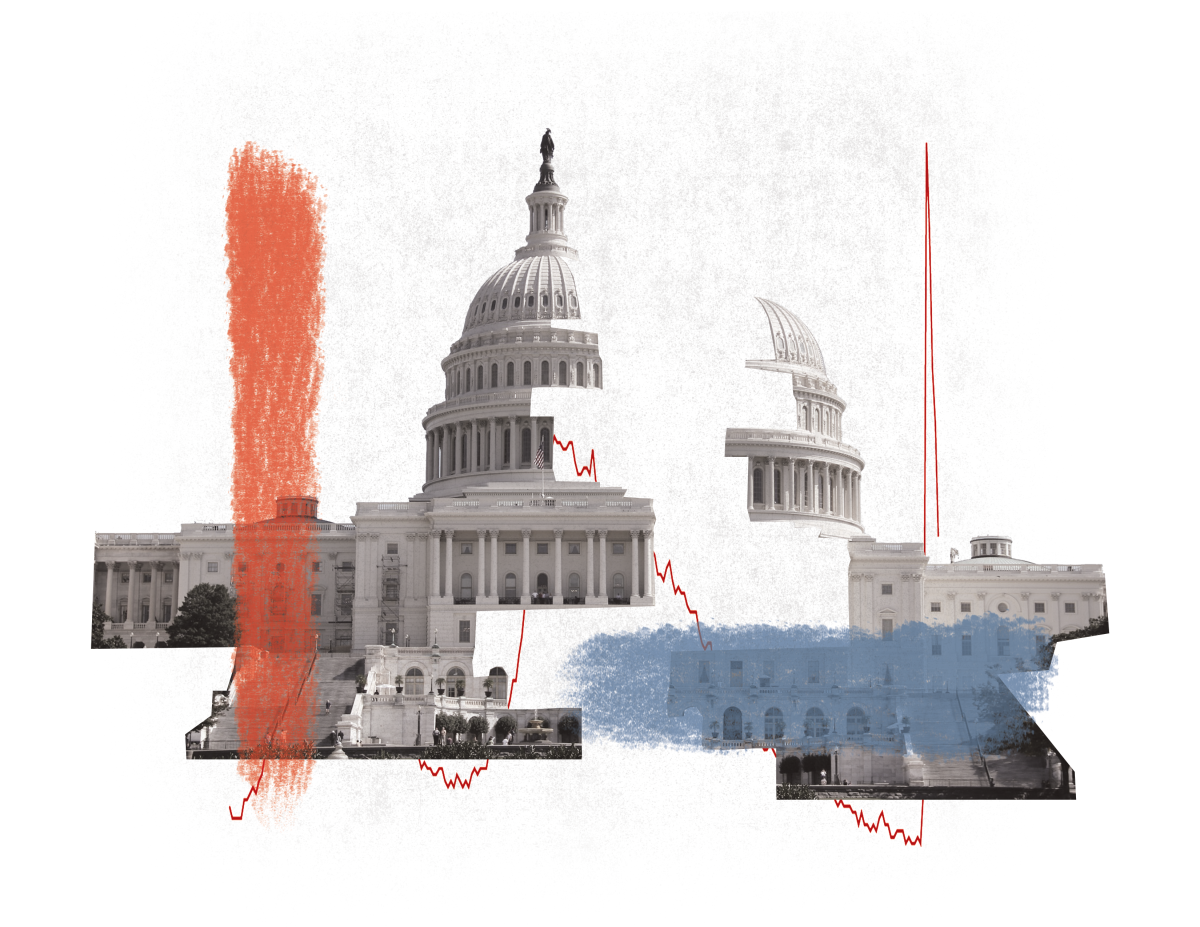North Carolina’s Transgender Law
By Colin Bayne, contributing writer
On March 24, North Carolina passed a law that deals with a very common and pressing civil rights issue of our time: the rights of transgendered people. In a recent backlash of conservative activism after the Supreme Court Ruling in June of last year which allowed same-sex couples to legally marry across all fifty states, North Carolina introduced a bill which was designated to specify the legal definition of gender, and to regulate the use of public bathrooms. The term ‘transgender,’ is used to denote a person whose gender identity differs from that which they were assigned at birth. This can mean that they were born with a female body, and yet identify as male, or in a male body and identify as female, or even as something in between, or neither.
This is not a new concept, and has been well-documented in many societies throughout history. However, it is only in the last few decades that the rights of these individuals have come into the spotlight. With such celebrities as Caitlyn Jenner and Laverne Cox becoming active voices in the fight for transgender rights, many more people are being made aware of the struggles faced by the trans community.
However, in many states there have been bills proposed in an attempt to legally define gender as being the same as is written on birth certificates, and to limit transgendered people’s use of the bathrooms designated to the sex matching their gender identity.
North Carolina passed just such a bill amid significant controversy and protest from the transgender community and their allies. The law states: “Local boards of education shall require every multiple occupancy bathroom or changing facility that is designated for student use to be designated for and used only by students based on their biological sex.” Violators can face severe fines.
This law is being heavily criticized and cited as discrimination by supporters of transgender rights, because it invalidates the gender identity of a person and refuses to acknowledge the legal existence of transgender people.
Supporters of the law cite concern for their children, claiming that without this law predators are free to have access to public bathrooms designated to be the opposite gender. They claim that people should be free to feel safe in public bathrooms, and that they are only protecting their rights and the safety of their children.
Both sides of this issue have very passionate arguments and continue to argue them across many states. Many companies have attempted to boycott North Carolina over this new law, including PayPal, which had planned to build a facility there.
This is a very pressing civil rights issue which is causing heated debate across the nation, and while the timeframe of its resolution is unclear, one can only hope that it will be soon.






























